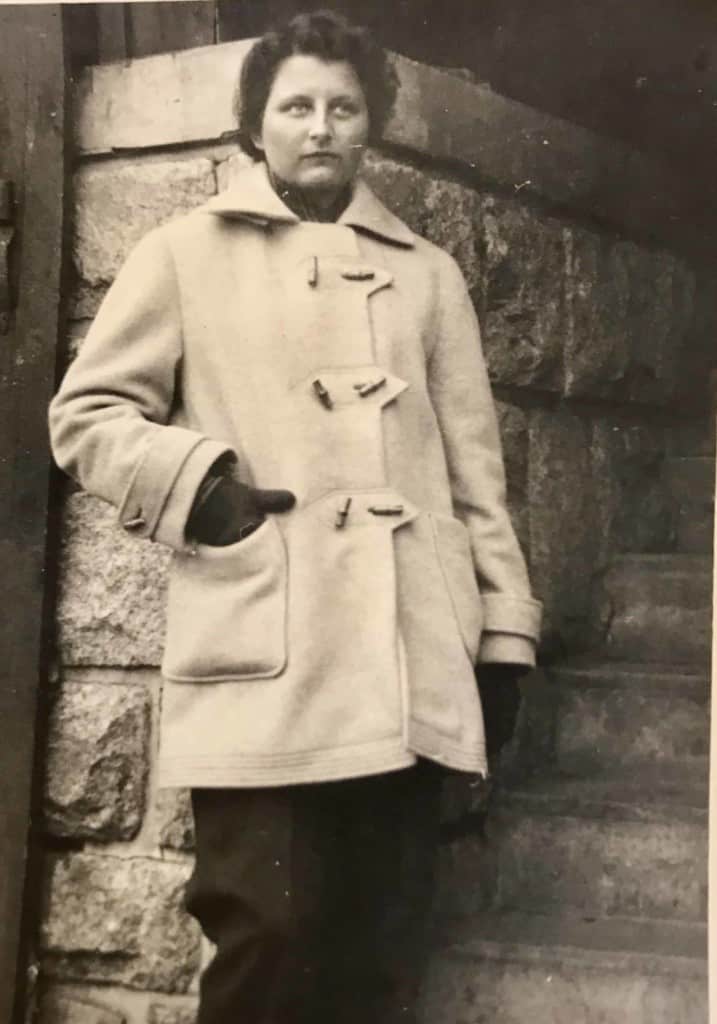Grieving by gifting a loved one’s possessions
When a loved one dies, they leave behind not only their grieving family and friends, but all their worldly possessions. Families struggle with what to give away, what to donate, and what to keep.
Letting go of a person you care about is hard enough. Throwing away things that represent that person can add to the heartbreak. There’s even the Swedish idea of döstädning, or “death cleaning” where the elderly declutter so they don’t leave behind too many things.
Last year my friend Lucy Pohnert-Smith’s mother, Maria, died unexpectedly. Afterwards, Pohnert-Smith and her father, Vladimir Pohnert, came up with a novel idea.
“My dad was going through and clearing up my mother’s things and he donated most of it, but he told me he did not want to donate the really nice things,” said Pohnert-Smith. “I took as much as I could for myself, but there was more than I could ever take.”
Her father told her: “Jewelry sitting in a box is dead jewelry.”
Originally from Prague, they didn’t have extended family to whom they could give the belongings, and Pohnert didn’t want to sell the items because he felt like that would be like selling her mom.

“In this continent, it is really hard to give things away for free to people. It makes them feel uncomfortable,” he said. “Or even like there is something shady there.”
Pohnert-Smith decided she would find people who would like and appreciate her mother’s belongings.
Because I was an old friend who knew her mom while we were growing up, together we hosted an evening where the women we knew came over and “shopped.” Her dad was there to share the history of some of the items.
“He loved seeing people appreciate the items and comment on their beauty. My dad also said he never expected people to be as grateful as they were.”
Pohnert-Smith felt proud watching the women trying things on. “My mom never had a larger-than-life personality. Unless you knew my mom well, she could seem reserved. I feel seeing the clothing and jewelry spoke to who she was on the inside, represented on the outside.”
She added, “Of course after the event, you are packing up all the remaining items and looking at the empty closet. The grief bears down on you, but not enough to take away the good feeling of what you did.”
When she runs into friends wearing the items, they tell her that when they are complimented, they share the story.
“Every time people thank me, or say it was a generous thing to do, I don’t see it that way. I say to the person, ‘no, thank you for carrying around and appreciating a piece of my mother,’ ” said Pohnert-Smith.
While going through pictures of her mom in her youth, she said, “I realized it was a special quality she always had: her grace, her poise, and that the clothes and jewelry are actually symbols of that quality.”
The experience gave her family a way to create a legacy for their beloved mother and wife.
“My dad said this way he feels she won’t fade into just memory.”
Featured Image: Author Alita Rickards wears these fashionable items that belonged to the late Maria Pohnert with pride and fond memories of a very classy lady. | Alita Rickards







